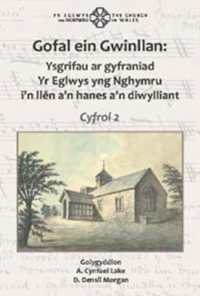Full Description
The widespread concept of the 'postmodern city' is frequently linked to the decline of traditional manufacturing industries and a corresponding wane of white working-class culture. In place of these appear flexible working practices, a diversified workforce, and a greater emphasis on consumption, leisure, and tourism. Illustrated by an interdisciplinary study of Leeds, a typical postmodern city, this volume examines how such cities have reinvented themselves - commercially, politically and spatially - over the past two decades. The work addresses issues like cultural policy, city-centre development, sport, leisure and identity, and explores different urban processes in relation to changing configuration of class, gender and ethnicity in the postmodern city.
Contents
List of Contributors; Chapter 1 Introduction, Peter Bramham, Stephen Wagg; Chapter 2 Leeds — Becoming the Postmodern City, Peter Bramham, John Spink; Chapter 3 Cranes Over the City: The Centre of Leeds, 1980-2008, Janet Douglas; Chapter 4 Mission or Pragmatism? Cultural Policy in Leeds Since 2000, Jonathan Long, Ian Strange; Chapter 5 The History Boy: Made in Leeds, Peter Bramham; Chapter 6 Leeds and the Topographies of Race: In Six Scenes, Ben Carrington; Chapter 7 Nowt for Being Second: Leeds, Leeds United and the Ghost of Don Revie, Stephen Wagg; Chapter 8 Dreams of Parkside and Barley Mow, Karl Spracklen; Chapter 9 "Off with their Headscarves, on with their Football Kits?": Unveiling Myths and Exploring the Identities of British-Muslim Female Footballers, Aarti Ratna; Chapter 10 Barcelona of the North? Reflections on Postmodern Leeds, Stephen Wagg, Peter Bramham;








